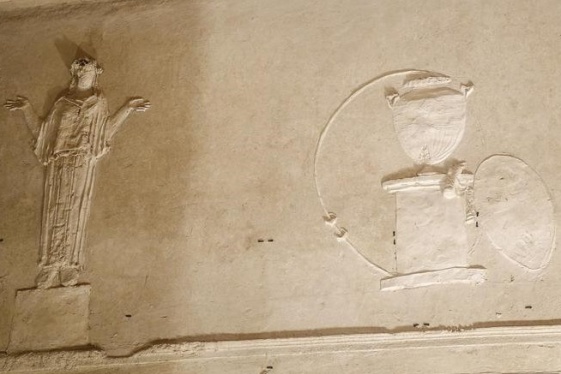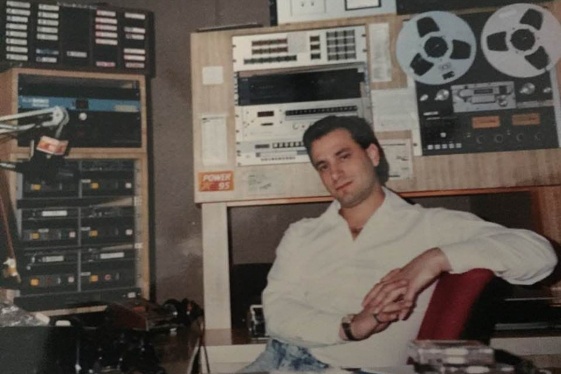

It was a summer day in 1895 when 21-year-old Guglielmo Marconi first succeeded in transmitting a wireless signal from the attic of his home near Bologna. He was awarded the Nobel Prize in 1909, but it was not until 1912, when one of his radio transmitters helped save the lives of more than 700 passengers aboard the Titanic, that the general public realized the magnitude of Marconi's invention.
150 years after the scientist's birth, an exhibition pays tribute to him in the heart of Rome, in the spaces of the VIVE Institute - Vittoriano and Palazzo Venezia. Produced by Cinecittà and Archivio Luce, from Nov. 8 Guglielmo Marconi.
Seeing the Invisible will tell the story of the Bolognese inventor's adventure through original documents, period photos, artifacts belonging to Marconi's Wireless Telegraph Company, and footage gathered from prestigious Italian and international archives such as those of the Bodleian Libraries in Oxford, the Accademia dei Lincei, the Air Force and Navy, or MAECI, the Historical Museum of Communication in Rome. “A tribute that celebrates not only the wireless overlord and the father of radio, but also the curious and visionary young man,” the organizers write: “From his youth to the transatlantic conquest, the exhibition highlights his profile as a startupper and as a statesman, exploring the chapters that brought him to international prominence as well as his more private ones, without neglecting his connection to the sea or his extraordinary legacy, which is still so palpable today.”
Advanced multimedia content will flank period documents making the narrative even more engaging, in addition to the documentary Elettra, Marconi's laboratory ship, produced by the Leonardo Foundation. “My father loved the sea, and lived for a good part of the year aboard the ship to which he gave my name,” says Elettra Marconi, among the few living witnesses of her father's exploits. Like and perhaps more than Thomas Edison, Marconi can be considered the firstgreat entrepreneur of innovation, a figure that in the digital age will be embodied in the likes of Steve Jobs or Bill Gates: brains not only mathematical, but also commercial and political, able, just like the father of radio, to represent the spirit of an era by shaping inventions later established in markets around the world. The real authorship of wireless communication, disputed to Marconi by Lodge and Popov, has long been debated, and it is no coincidence that in 1909 the Italian scientist had to share the Nobel Prize with the German Braun. The reality is that only Marconi knew how to make this resounding invention work, connecting the world's extreme points in an electrifying succession of experiments that increased his celebrity and his appeal to crowds.
You may be interested
-
Exciting Palatine. Interview with Clementina...
You can tell she fills with excitement when she has the chance to show an important archae...
-
Italian Open's History and Records: A tale o...
For Italians, and Romans in particular, the Open is not just a tennis tournament where cha...
-
'Basilica of Mysteries' reborn in Rome
The so-called 'Basilica of the Mysteries' has been reborn in Rome. The basilica, one of th...
-
'Carbonara Day' celebrates famous pasta dish
On Friday, April 6, the world will celebrate "Carbonara Day", an occasion launched by the...
-
'Gladiators' bring Roman flavor to R.I. polo
As thousands of sharply dressed spectators converged on the turf of Newport International...
-
'Hot priests' grace Rome's calendar
It is officially called the Calendario Romano, or Roman Calendar. But on the streets of Ro...
-
'Jersey Guy' Ray Rossi recalls his WPLJ days...
Long before he was the "Jersey Guy" partnering with Craig Carton and Casey Bartholomew, Ra...









